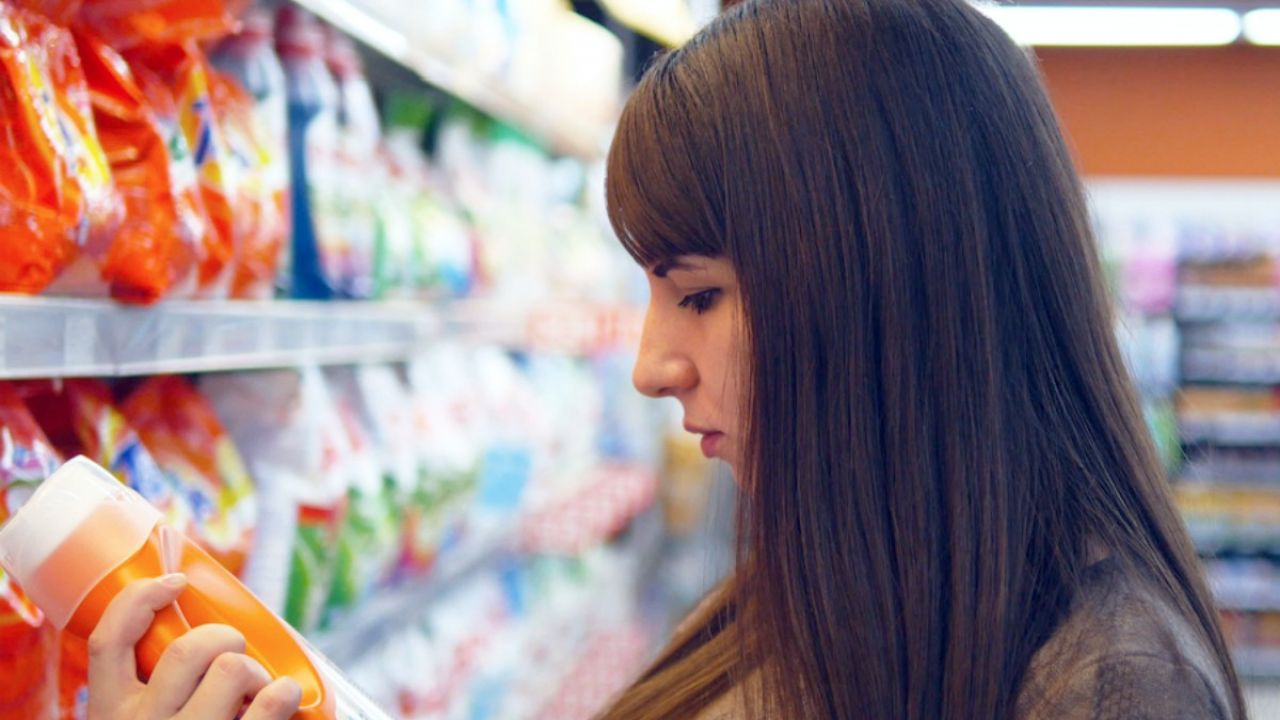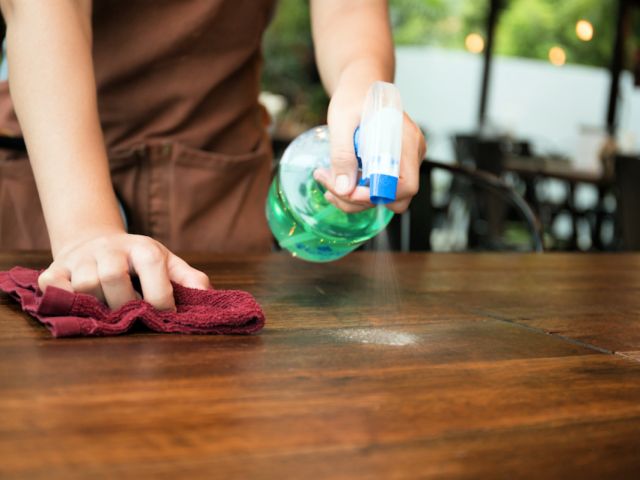
Americans want and have a right to know what's in the stuff they buy. Manufacturers and marketers are finally joining the unstoppable movement for product transparency.
For too long, many companies have hidden behind archaic laws that let them keep their products' ingredients secret. For many kinds of products, companies aren't required to disclose any ingredients at all.
But in response to consumers' demand for detailed information about the things they eat, put on their bodies or use to clean their homes, some companies are taking the initiative and acting on their own. This market shift is accelerating as brands realize that if they don't disclose ingredients, their customers will find a competitor that does.
Cosmetics and personal care products
In the cosmetics and personal care market, small companies were the first to take on the transparency challenge. In the last decade, boutique specialty companies have tapped into Americans’ desire for safer, greener and more transparent products. But these companies have a small share of the market. But recently, major personal care product companies have taken steps toward greater transparency.
In February, Unilever pledged to disclose fragrance ingredients down to a very small, or de minimus, concentration in its personal care products using SmartLabel by the end of 2018. SmartLabel is an online and mobile application that provides detailed information about consumer products. The initiative began this month, with Unilever listing more detailed ingredient information for some of its products across seven brands like Dove, Axe and Suave.
This was a monumental step in a sector of the market that still clung tight to the excuse that fragrance disclosure was impossible. Under current federal law, manufacturers can use the term “fragrance” to conceal all ingredients that scent their products. Some of the ingredients used in fragrance mixtures have been linked to troubling health impacts such as endocrine disruption and allergies.
Shortly after Unilever's announcement, Procter & Gamble, which makes both personal care and cleaning products, said it would disclose fragrance ingredients online across all its products by 2019. Last year the company posted $65.3 billion in net sales, so if the company makes good on its pledge, this unprecedented level of transparency would be a game-changer.
In 2014, Revlon began to voluntarily disclose the allergens in their products to comply with European Union labeling laws. These allergens are not the fragrances themselves, but either separate ingredients of a product’s fragrance palette or components of other ingredients like essential oils and botanical extracts.
Cleaning products
In the cleaning product sector, federal law does not require manufacturers to list most ingredients used in products. Smaller companies like Seventh Generation Seventh Generation – years before it was bought by Unilever – and the Honest Company have bucked this trend. Those same companies advocated for the California Cleaning Product Right to Know Act, which recently passed the state legislature. If signed by Gov. Jerry Brown, this landmark bill would require ingredient disclosures on all labels and online for both home and commercial cleaning products sold in California, the nation's largest market.
Procter & Gamble’s pledge to disclose cleaning product ingredients is the biggest voluntary step toward transparency. But other big companies have also made or pledged similar actions. SC Johnson, which owns brands like Windex and Shout, launched three Glade PlugIns Citrus Blossom products in 2016 with full disclosure of fragrance ingredients.
Food and restaurants
Over the last decade, major fast-food restaurants – including McDonald’s, Starbucks, Subway and Chipotle – began listing calorie counts and other nutrition information on their menus and websites. Panera Bread not only disclosed a list of 140 ingredients it does not use, but also began listing nutrition information, including added sugars, on the cups of its craft fountain beverages.
Retailers
In January, Target announced that all its store-brand beauty, baby care, personal care and household cleaning products would disclose all ingredients, including fragrances, by 2020.
In 2013, Walmart announced its Sustainable Chemistry Initiative, with a goal to require all manufacturers that sell at Walmart and Sam’s Club to disclose product ingredients on Walmart’s website. Manufacturers must also provide Walmart with full disclosure of ingredients, including fragrance, starting in 2015. According to the initiative’s most recent report in 2016, over 96 percent of product formulations are fully disclosed to the retailer, while 60 percent of personal care and 58 percent of household cleaning products have listed ingredients on Walmart's website.
EWG’s role
EWG has been at the forefront of the transparency movement for more than a decade. Our Skin Deep® Cosmetics Database and Guide to Healthy Cleaning inform consumers about the potential hazards associated with personal care and household cleaning products.
As companies join the movement, it’s up to us to continue pushing other manufacturers and the federal government. Without meaningful regulation requiring full ingredient disclosure and testing of products before they're put on the market, we'll never know what is in the products we buy and use. Will you join us?



